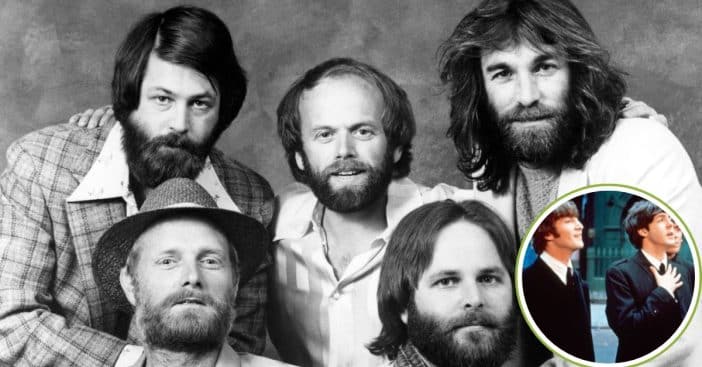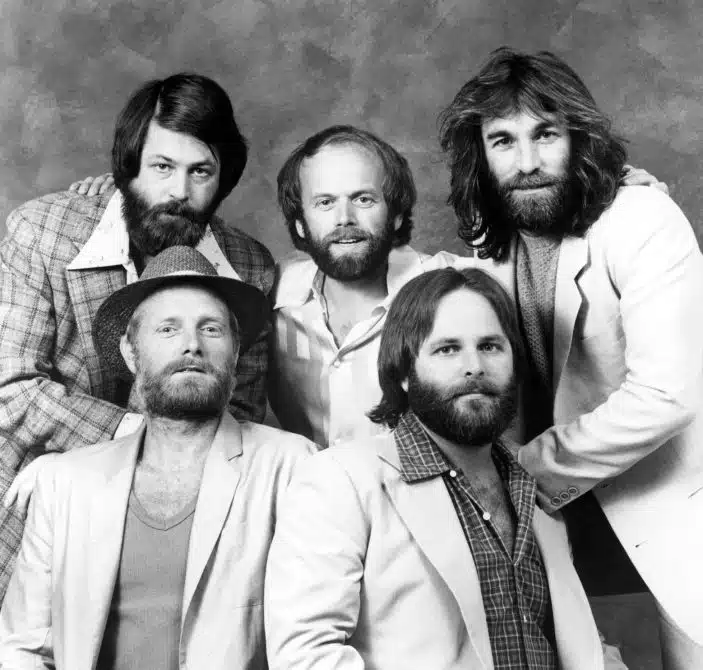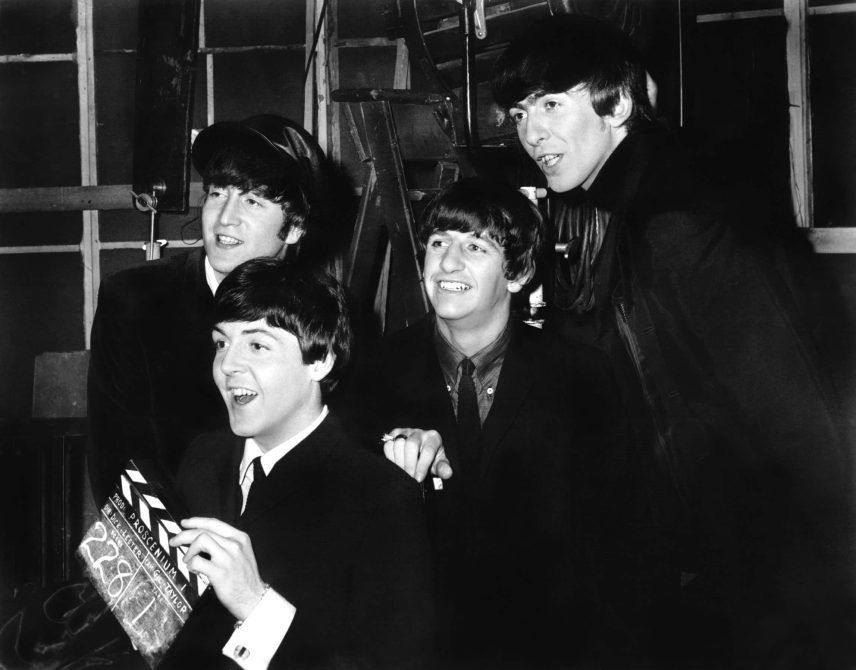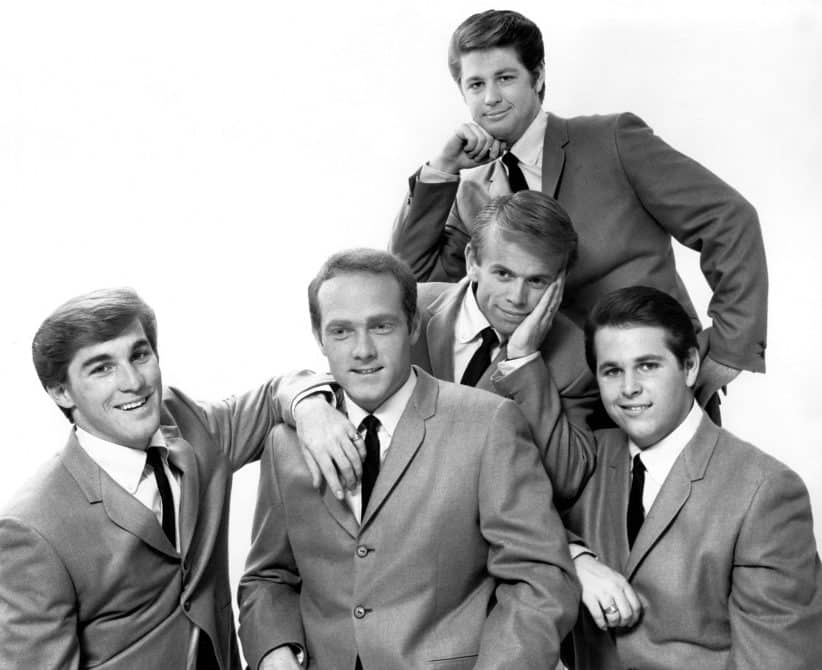
After making waves with up to ten studio albums in 1966, the Beach Boys got into a fix with their next one, as the label was unsure how to promote the masterpiece. Bandmates Mike Love and Bruce Johnston turned to another famous group, The Beatles, for help; it was their best decision toward the success of Pet Sounds.
Brian Johnson met The Beatles’ John Lennon and Paul McCartney alongside The Who’s Keith Moon at the Scotch of St. James Club in London, and Brian asked the two of the Fab Four to join him at a hotel. He played Pet Sounds, which deeply touched Paul and eventually inspired his own single, “Here, There And Everywhere.”
Paul McCartney and John Lennon led to the success of 1966 Beach Boys album

While discussing their Disney + documentary, The Beach Boys with Mariella Frostrup and director Frank Marshall, Mike and Bruce recalled the making of Pet Sounds while crediting The Beatles— particularly Paul and Lennon, for being the project’s biggest promoters. “Without them, ‘Pet Sounds’ could have failed,” Mike said matter-of-factly.
RELATED: The Beach Boys Performed Theme Song For The Short-Lived ‘60s Sitcom, ‘Karen’
Paul also gushed about the 1966 album in the past, noting that he simply “used to admire the singing, the high falsetto really and the very sort of ‘California’ lyrics” of The Beach Boys’ music and nothing more until Pet Sounds, which “blew me out of the water.” The 81-year-old went as far as buying his kids one copy each to “educate them.”

“I figure no one is educated musically ’til they’ve heard that album,” he gushed. “I was into the writing and the songs.”
The Beach Boys and The Beatles engaged in healthy competition and were greatly influenced by each other’s music; however, the media presented an idea of creative rivalry between the two groups. It appeared that the bands tried to outshine each other, as The Beatles’ Rubber Soul inspired Brian Wilson to make Pet Sounds, which in turn inspired one of Paul’s songs and Sgt. Pepper’s Lonely Hearts Club Band.

The Fab Four’s release of “Strawberry Fields Forever” stopped Brian in his tracks from publishing Smile, claiming that The Beatles had already beat him to it. Regardless, either group was a fan of the other, defining the sound of their ‘60s in their own special way. Both bands had their share of ups and downs, with internal feuds and contractual betrayals, but they have left an indelible mark in the rock genre even after splitting.
